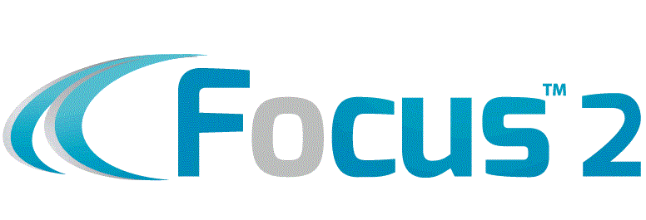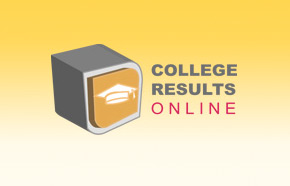Obama promises student loan relief (read the fine print)
"HELP FOR PAYING OFF YOUR STUDENT LOANS" (read the fine print)
By Kim Clark, U.S. News and World Report
A new federal program starting this fall promises relief and hope for millions of students and recent graduates burdened with big federal educational debts. Starting July 1, those with federal student loans can ask the government to limit their monthly payments on their federal student loans to less than 15 percent of their income. Many of those who qualify for the new Income-Based Repayment (IBR) program will pay much less than that.
Those who earn less than a base budget allowance of one and a half times the poverty level for their household (which was $10,400 a year in 2008 for a single person) won't have to pay a penny on their federal student loans. Everybody else who qualifies for IBR will have to pay 15 percent of the difference between their income and the base budget allowance.
Best of all, those earning a low income because they are in public-service jobs can have their remaining federal student debts forgiven after 10 years of income-based payments. Those who maintain low incomes and stay current on their income-based payments for 25 years can also have their remaining debts forgiven, no matter what job they have.
"It will be an enormous help to many thousands of borrowers," says Edie Irons, spokeswoman for the Project on Student Debt.
To take advantage of the new repayment program, current students should make sure to limit their borrowing to the federal student loans--primarily Stafford, Perkins, or Grad PLUS loans. By shopping around, students can still save a few hundred dollars on even federal loans. Those who've left school and are now faced with bills can simply apply to their lender for the new Income-Based Repayment option. Be careful not to mistakenly apply for older and less attractive but similar-sounding plans offered by the government and some lenders such as "Income Contingent Repayment" and "Income-Sensitive Repayment," Irons advises.
Anyone hoping for public-service loan forgiveness should first consolidate their loans directly with the federal government, because private lenders won't offer that goodie. Once that's done, they can apply for IBR. Then, they'll need to keep excellent records because the burden will be on the students to apply for forgiveness after 10 years of payments. They'll have to prove that they made all the payments on time and didn't violate any other rules of the forgiveness offer.
There are plenty of other catches in the new program, warns Deanne Loonin, a student loan expert for the National Consumer Law Center:
**Those who qualify for payments that don't even cover their interest will see their total debt actually rise year after year until they qualify for forgiveness.
**While those who earn debt cancellation through public service probably won't have to pay taxes on the amount forgiven, those who have any debts cancelled because of low income after 25 years might very well have to pay income taxes on the debts from which they are released.
In addition, she notes, the new program won't reduce payments on defaulted student loans. Those who have already fallen so far behind on payments that they are in default will be rejected for the program. The program also won't cover:
**Private, alternative, or "signature" educational loans.
**Parent loans such as federal Parent PLUS loans or any kind of alternative or private loans.
**Other pressing debts. If you earn enough so that your federal education debt makes up less than 15 percent of your income above the base budget--even if most of your earnings go to medical bills or private educational debt, you won't qualify for Income-Based Repayment. The current rules will also likely disqualify, for example, debtors whose spouses are comparatively high earners--even if those spouses are also burdened with big education debts.
Those who worry they might be affected by some of the fine print can take heart, however. The Project on Student Debt, National Consumer Law Center, and other groups are lobbying for improvements to the law. Congressional staffers say their bosses and the new administration are considering some tweaks.
J.D.'s comments: If people who are trying to qualify for this program don't follow the rules precisely then they will be kicked out of the system and not qualify for this relief. I believe we need true Student Loan Reform, with clauses for hardship, layoffs and extreme medical misfortune. Read the fine print.





